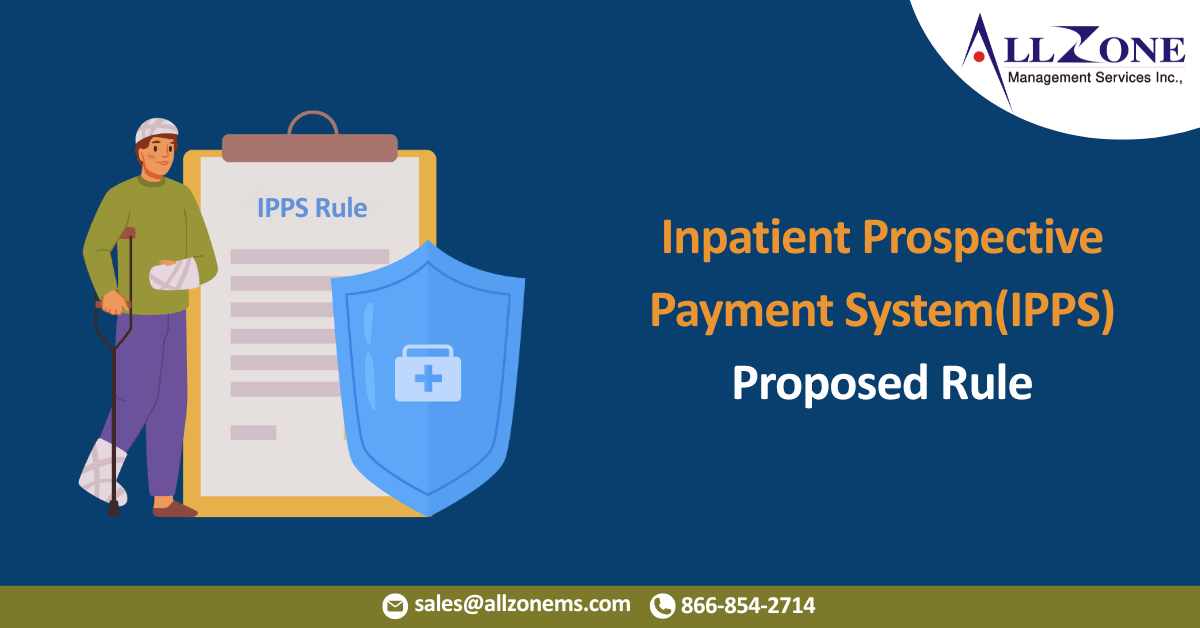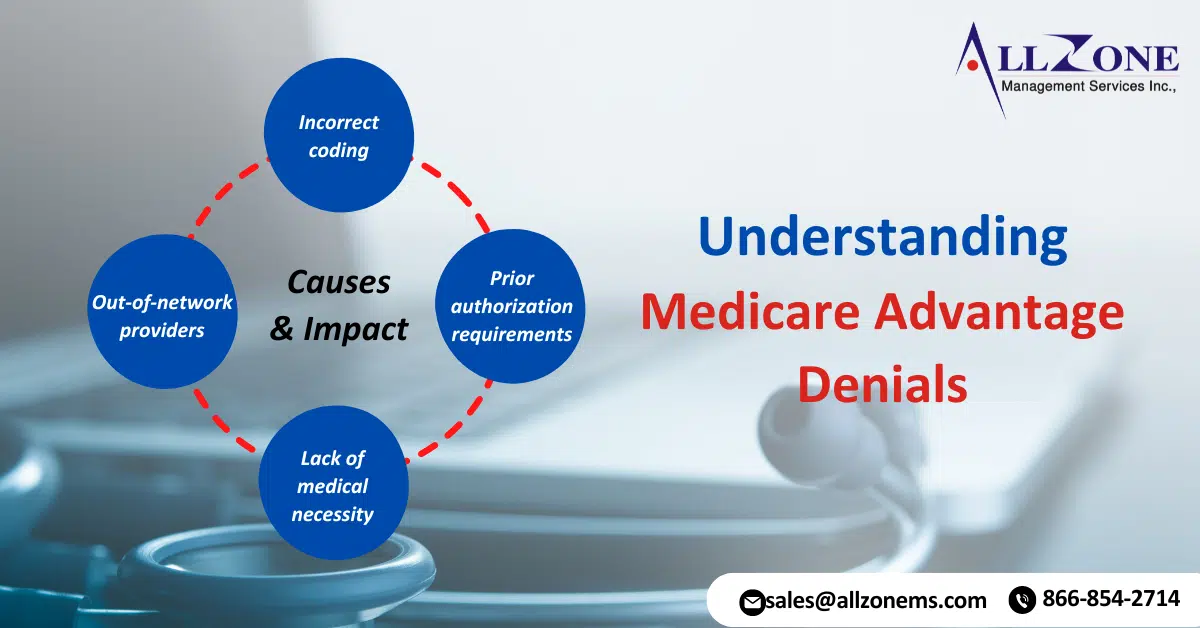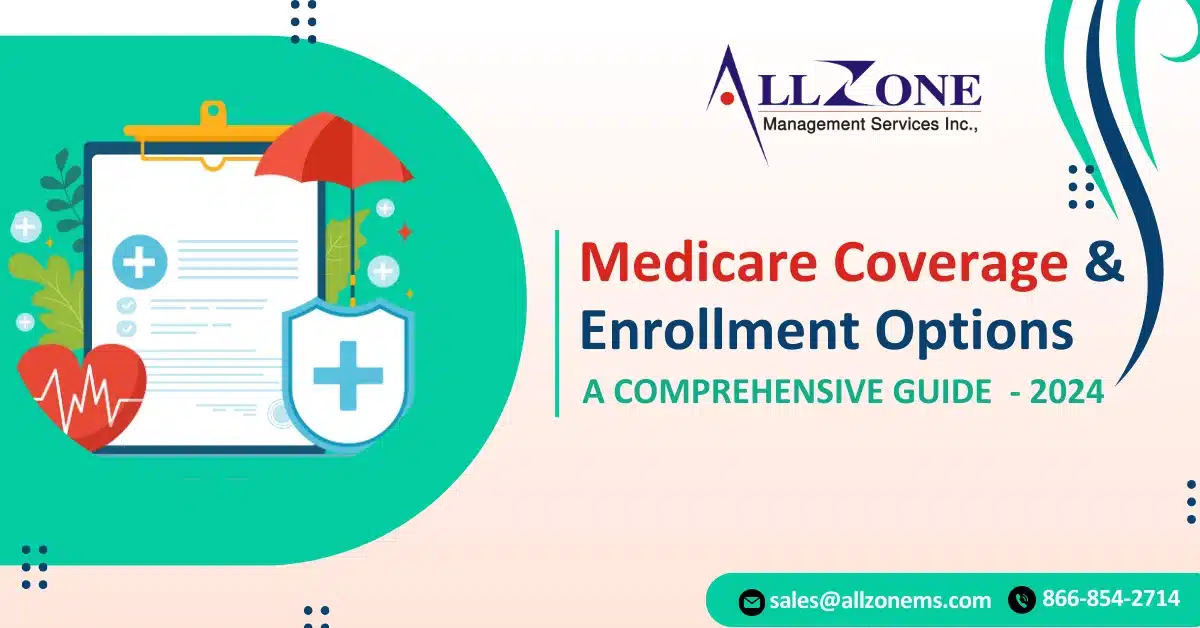Healthcare is an ever-evolving landscape. In this era of value-based care, accurate documentation and coding are important for financial stability and quality patient care. Hierarchical Condition Categories (HCCs) are crucial for risk adjustment and reimbursement, especially in the outpatient setting. This is where Outpatient CDI programs come into play. They are not just beneficial but […]
In today’s healthcare ecosystem, prior authorization (PA) remains one of the most burdensome administrative processes, creating delays, denials, and dissatisfaction among providers and patients alike. Originally designed to ensure appropriate care and control costs, the process has become a major pain point due to its manual, repetitive, and inconsistent nature. But with the rise of […]
As the U.S. healthcare system continues to evolve, Medicare Advantage (MA) plans have seen rapid growth, offering seniors an alternative to traditional Medicare. With more than 30 million beneficiaries enrolled in Medicare Advantage as of 2025, the demand for administrative efficiency and accurate claims processing has never been greater. Medical billing companies play a pivotal […]
The Centers for Medicare & Medicaid Services (CMS) has unveiled its Fiscal Year (FY) 2026 IPPS Proposed Rule, which outlines significant updates to three key Medicare hospital quality initiatives: the Hospital-Acquired Condition (HAC) Reduction Program, the Hospital Readmissions Reduction Program (HRRP), and the Hospital Value-Based Purchasing (VBP) Program. These proposed changes, outlined in the IPPS […]
Prior authorization, the requirement for pre-approval from your insurer for certain services, is a common practice in both Original Medicare and Medicare Advantage (MA) plans. While it helps manage utilization and costs, it can also be frustrating, especially when a request is denied. A 2023 study by health policy research revealed the increasing prevalence of […]
The Medicare Rights Center has submitted comments on the proposed Medicare Advantage and Part D rule for 2026 from the Centers for Medicare & Medicaid Services (CMS). This annual rule introduces critical provisions aimed at strengthening prior authorization standards, enhancing transparency, and improving access to accurate plan information for beneficiaries. We strongly support these reforms […]
The Centers for Medicare & Medicaid Services (CMS) has introduced significant updates to clarify the definition and processes related to Medicare Advantage organization determinations, particularly in inpatient settings. The proposed rule reaffirms that decisions made during concurrent reviews, such as reclassifying an inpatient admission to outpatient or denying inpatient coverage, qualify as organization determinations under […]
Medicare Advantage (MA) plans, a type of private health insurance, have become increasingly popular among seniors. These plans offer additional benefits beyond traditional Medicare, but they also come with their own set of complexities. One of the most significant issues faced by MA beneficiaries is Medicare Advantage denials for medical services. Recent data has revealed […]
Medicare coverage is the federal health insurance program for Americans 65 and older, as well as younger individuals with long-term disabilities. It covers a wide range of medical services, including hospitalizations, doctor’s visits, prescription drugs, and specialized care like skilled nursing, home health, hospice, and preventive services There are two primary ways to receive Medicare […]
The prior authorization burdens associated with the process have long been a source of frustration for healthcare providers and patients. These burdens can impede optimal care by creating delays in treatment and increasing administrative tasks. However, recent legislative changes and insurer policies aim to alleviate these concerns and streamline the prior authorization process. A radiation […]










